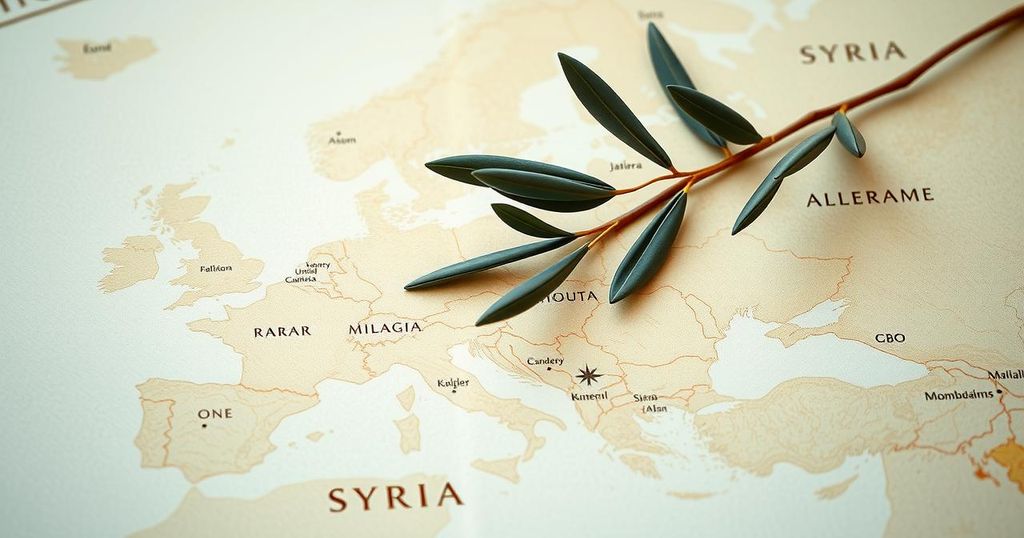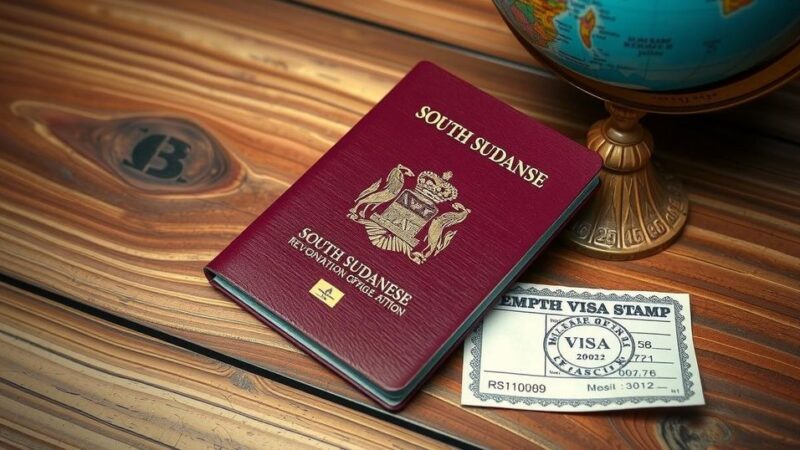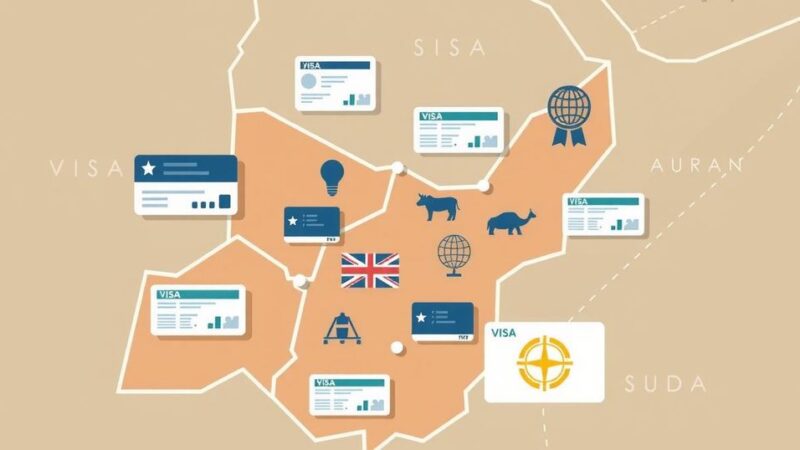Turkey has called on the EU to lift sanctions on Syria ahead of a crucial international aid conference, emphasizing the need for a peaceful government transition. The conference, inviting Syria’s new authorities for the first time, seeks to support Syria’s recovery after years of conflict, while the EU remains cautious about the new leadership’s commitment to democracy and minority rights.
On March 16, 2025, Turkey issued a call for the European Union to lift sanctions imposed on Syria without any conditions, in anticipation of an international aid conference in Brussels that will include representatives from Syria’s new authorities. Turkey’s foreign ministry emphasized that this action is crucial for achieving a “peaceful transition” within Syria.
The upcoming conference, marking the ninth international gathering to support Syria, will for the first time invite members of the new interim government established after the ousting of president Bashar al-Assad. The conference aims to garner international assistance for Syria’s recovery and transition following over thirteen years of civil conflict.
Earlier in February, the European Union announced a partial easing of sanctions affecting Syria’s energy, transport, and banking sectors to aid interim president Ahmed al-Sharaa. However, uncertainty remains regarding the influence of Sharaa’s Islamist group, Hayat Tahrir al-Sham (HTS), amidst concerns over recent violence against the Alawite minority, historically associated with Assad’s regime.
EU officials caution that any further easing of sanctions could be reversed should the new leadership fail to uphold commitments related to minority rights and democratic governance. Turkey’s foreign ministry stated, “Syria’s economic security is essential for the country’s stability and security,” and stressed the importance of creating economic opportunities and jobs through the unconditional lifting of sanctions.
Furthermore, given Turkey’s hosting of nearly three million Syrian refugees, there is an urgent call for the reconstruction of Syria to facilitate their return. The Turkish deputy foreign minister, Nuh Yilmaz, is set to participate in the Brussels conference.
In conclusion, Turkey’s appeal to the European Union to remove sanctions on Syria is motivated by the belief that it will aid in establishing a stable governance structure following the civil war. The focus remains on reconstruction and economic development to support refugees and foster security. However, the EU’s cautious approach highlights the importance of upholding democratic principles and minority rights in the new Syrian governance.
Original Source: www.euractiv.com






